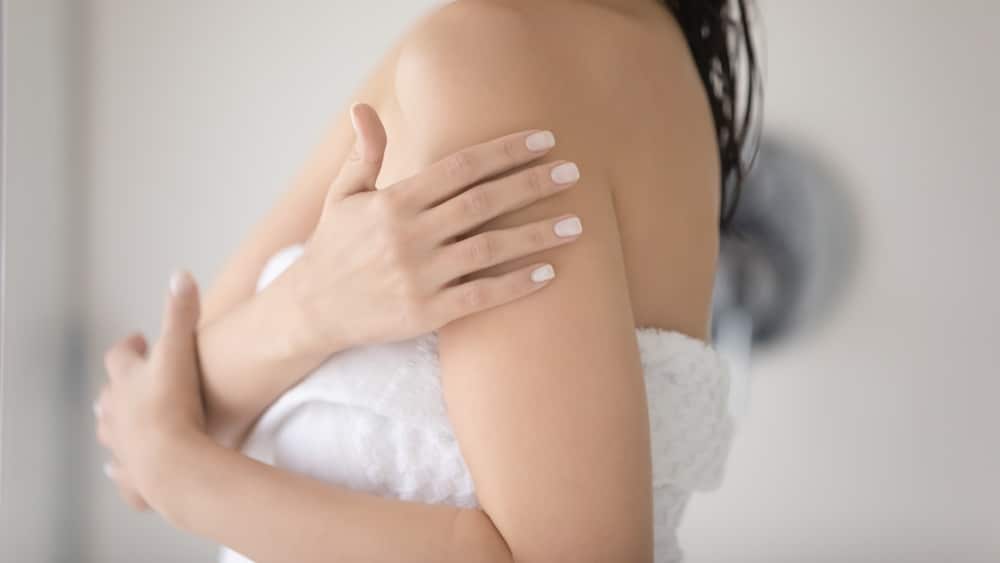Understanding Psoriasis: Types, Causes, and Symptoms

Psoriasis is a chronic skin condition that results in discomfort and itchiness. This autoimmune disease occurs when skin cells develop rapidly, causing pain and interfering with your sleep and concentration. Symptoms often appear on the scalp, trunk, elbows, and knees. Although these autoimmune skin conditions have no cure, various effective ways exist to manage the symptoms. Topical corticosteroid treatments, light therapy, and other treatments can help calm the skin and ease any irritation and discomfort. To help enhance your natural beauty and calm the skin, Dr. Shauna Diggs combines cosmetic dermatology with an array of skin rejuvenation and cosmetic procedures.
What are the Causes of Psoriasis?
While the cause of psoriasis is unclear, researchers believe that it’s an autoimmune disease. The work of your immune system is to destroy harmful invaders like bacteria, protecting you from sickness and keeping you healthy. However, if you have psoriasis, your immune system can mistake crucial and healthy cells for harmful invaders. This creates swelling and inflammation that will appear on your skin as skin plaques.
Along with being an autoimmune disease, psoriasis is considered an abnormal growth of the skin’s outer layer. Normally, it takes 28 to 30 days for new skin cells to develop and replace old ones. However, in the case of psoriasis, it only takes three to four days for new skin to grow and replace old ones. The rapid regeneration causes the scaly, flaky, and red appearance of psoriasis.
What are the Symptoms of Psoriasis?
In addition to a patchy rash or skin plaques, patients might have symptoms like small scaly spots, pain in the affected area, and joint pain. Sometimes, they might experience nail changes and cyclic rashes that flare for weeks or months and then subside.
What are the Types of Psoriasis?
There are many types of psoriasis, each of which varies in its symptoms and signs:
Plaque Psoriasis
Plaque psoriasis is the most common type, and it causes itchy, raised, and dry skin plaques covered with scales. These skin patches usually appear on the limbs, knees, elbows, and scalp.
Guttate Psoriasis
This type of psoriasis mostly affects children. Bacterial infections like tonsillitis and strep throat usually trigger guttate psoriasis. Small red spots on the legs, torso, and arms are its common indicators.
Pustular Psoriasis
A rare type, pustular psoriasis causes pus-filled blisters triggered by stress, infection, or some medications. This skin condition usually occurs in small areas but can show up widespread patches covering the body.
Inverse Psoriasis
Inverse psoriasis, though still red in color, appears smooth and affects the skin fold around the breasts, groin, and buttocks. This condition triggers inflamed skin, which worsens with sweating and friction, causing cyclical discomfort.
Erythrodermic Psoriasis
This type of psoriasis is less common and covers the entire body with a red, itching, burning rash. This problem can have acute causes such as severe sunburn, and more chronic causes such as poor management of another psoriasis type.
How to Treat
Psoriasis treatments include topical therapy, creams, and medical plans aimed to ease discomfort and stop skin cells from regenerating quickly, but these treatments are best administered by a licensed professional. For detailed information about psoriasis treatments around Grosse Pointe, MI, fill out our CosmedicDerm contact form to arrange a consultation appointment.



 |© 2018 Cosmedicderm |
|© 2018 Cosmedicderm |